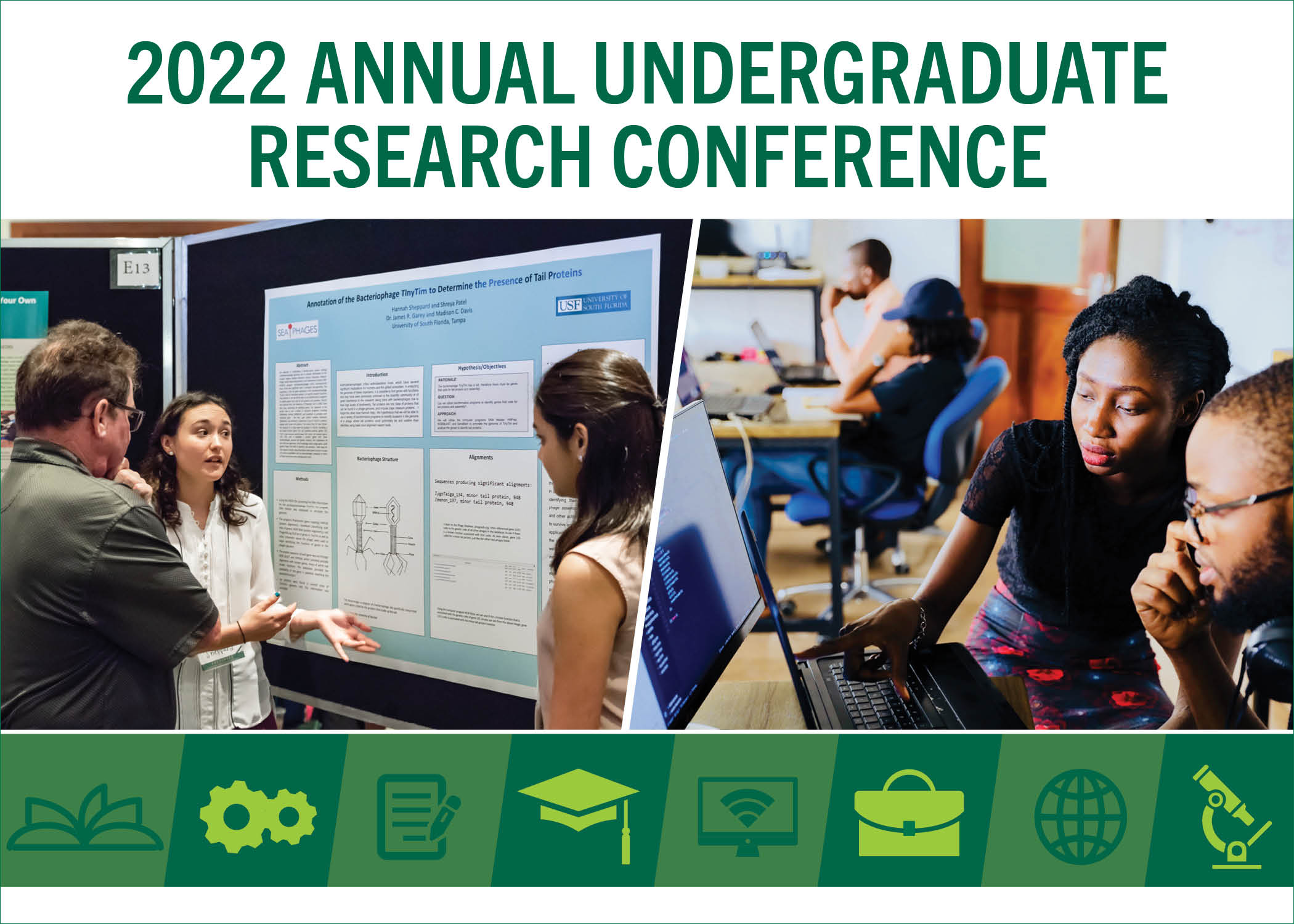Prideful or Pathetic Politics: How Political Views Influence COVID-19 Related Behaviors in University Students
Loading...
Please select your campus affiliation
Tampa
Mentor Information
Dr. Donna Lee Ettel-Gambino, Ph.D.
Description
Prior research has indicated an increase of COVID-19 virus spread may have been associated with political affiliation. A key driver may be attributed to political views influencing healthcare decision-making. This study was conducted to gain insight regarding the relationship between political party affiliation and behaviors associated with COVID-19. Specifically, what was the influence of university students’ political views over CDC guidelines. A causal comparative approach was utilized. A MANOVA was conducted utilizing SAS 9.4 (Cary, NC). The independent variable was the students’ political identification. The dependent variables were (1)vaccination status; (2)test results outcome; (3)CDC guidelines adherence; and (4)commitment to self-isolation if exposed. This study resulted in four statistically significant findings. (1)The proportion of students (88%) who report being vaccinated (p<0.0001); (2)the proportion of students (48%) who received the booster (p<0.0001); (3)the proportion of students (93%) wearing a mask inside (p<0.0001); and (4)the proportion of students (67%) wearing a mask outside (p<0.0001). The results yielded from this study may leverage the conversation for policy change and may also aid in decreasing inequities related to healthcare decision-making influenced by political views. The findings from this study may also provide further contextual implications and evidence of how health management inequalities may be influenced by the difference in political views, ultimately influencing inequities in many other aspects including housing, socioeconomic status, and healthcare opportunities. The changes that may arise from these results are necessary to provide the platform to ensure equality among citizens while simultaneously dismantling inequalities affiliated with decisions influenced by political views.
Prideful or Pathetic Politics: How Political Views Influence COVID-19 Related Behaviors in University Students
Prior research has indicated an increase of COVID-19 virus spread may have been associated with political affiliation. A key driver may be attributed to political views influencing healthcare decision-making. This study was conducted to gain insight regarding the relationship between political party affiliation and behaviors associated with COVID-19. Specifically, what was the influence of university students’ political views over CDC guidelines. A causal comparative approach was utilized. A MANOVA was conducted utilizing SAS 9.4 (Cary, NC). The independent variable was the students’ political identification. The dependent variables were (1)vaccination status; (2)test results outcome; (3)CDC guidelines adherence; and (4)commitment to self-isolation if exposed. This study resulted in four statistically significant findings. (1)The proportion of students (88%) who report being vaccinated (p<0.0001); (2)the proportion of students (48%) who received the booster (p<0.0001); (3)the proportion of students (93%) wearing a mask inside (p<0.0001); and (4)the proportion of students (67%) wearing a mask outside (p<0.0001). The results yielded from this study may leverage the conversation for policy change and may also aid in decreasing inequities related to healthcare decision-making influenced by political views. The findings from this study may also provide further contextual implications and evidence of how health management inequalities may be influenced by the difference in political views, ultimately influencing inequities in many other aspects including housing, socioeconomic status, and healthcare opportunities. The changes that may arise from these results are necessary to provide the platform to ensure equality among citizens while simultaneously dismantling inequalities affiliated with decisions influenced by political views.



Comments
Poster Presentation